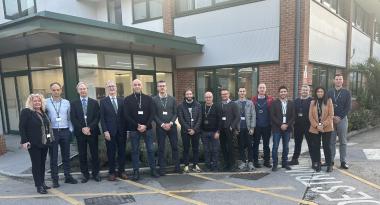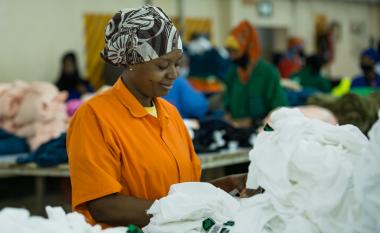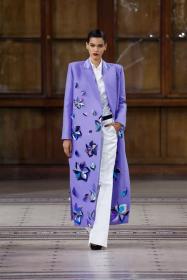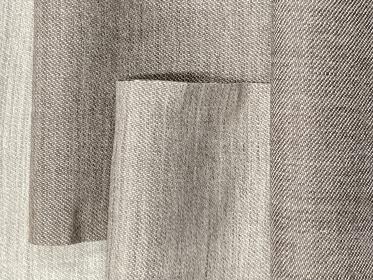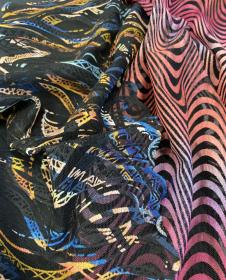GOTS applauds European Parliament’s vote on Green Claims Directive
The Global Organic Textile Standard (GOTS) applauds the European Parliament's vote to ban unverified 'green' product labels by enforcing stricter rules to back green claims and labels. By obligating companies to submit evidence about environmental marketing claims – including advertising and labelling products as ‘biodegradable’, ‘less polluting’, ‘water saving’, or having ‘bio-based content’ – consumers will be able to make better informed decisions about the sustainability of their purchases.
Consumers need protection from greenwashing and false claims about a product’s environmental impact. GOTS provides rules and tools for fostering responsible business practices and to support businesses to comply with domestic and international laws and beyond. The current GOTS Version 7.0 includes rigorous criteria for the protection of human, employment and social rights, as well as the environment and climate. By being certified to GOTS 7.0 and selling GOTS-labelled goods, companies are demonstrating their commitment to sustainability and human rights.
GOTS (Global Organic Textile Standard)








